Bogus documents are any “documents obtained because of a false or misleading statement, whether or not made knowingly”. Straight from the Migration Act. That means if it says something wrong, it’s a bogus document. It may be a forgery, but it doesn’t need to be. But saying “….but it came from the NSO!” or some other Government department doesn’t make it all OK, nor does it matter whether your Filipina lady was aware of the error or not.
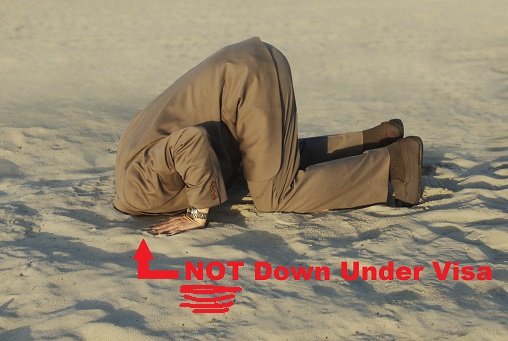
Visa applications and bogus documents
Bogus documents are a source of stress. No question about it. Most Australian visa applications need to satisfy Regulation 4020 (aka PIC 4020 or Public Interest Criteria 4020), which covers false statements and bogus documents and questionable identities from visa applicants. Reg 4020 certainly covers partner visas, child visas and tourist visas.
Penalties you may face are a refusal of the visa application and a three year ban from applying for any further visa applications.
And this applies not onto to false statements and bogus documents in the current application but to those errors included in visas held in the last 12 months.
Now, we as Registered Migration Agents can’t knowingly lodge a visa application which includes false statements or bogus documents. We would risk our Registration with MARA (Migration Agents Registration Authority), and we won’t do that for anybody. And even if that wasn’t an issue, you paid us to be honest with you. That means we will tell you when something will cause you a problem. That’s part of being a professional.
Will Down Under Visa “look the other way”?
Again, I repeat, you pay us to tell you the truth. You pay us to give you correct and proper opinions and advice. Apart from the fact that we would risk our livelihood, there is a matter of professional pride and of ethics. We don’t “prostitute” ourselves. We’re not for sale to the highest bidder. We’re not the local Filipino travel agent (who probably knows almost nothing anyway), and we’re not a new player in the profession who will agree to anything just so as to make money. We have sufficient legitimate business without having to take on work which requires us to compromise our standards.
We’ve had a discussion in a recent article about the legal system here, and how Australian men quite often assume they should be able to make the legal system here do what they want it to do.
The point of that article was to highlight the audacity of anyone assuming they can interpret or invent laws to suit their own beliefs or expectations. Official documents should be accurate and reliable. If the information contained in them is incorrect, this is never acceptable. They need to be corrected and corrected legally.
So in short? No, we will never look the other way. We can’t and we won’t. It was a slack attitude toward the recording of facts onto official documents that made this problem happen in the first place. Sometimes this is intentional, but most of the time it’s just plain careless. And no doubt this is the most annoying part of it. If whoever it was who organized it in the first place simply took the time to do it right, then right now you would have nothing holding you back.
What happens when Down Under Visa find a document error?
Example: We just had an issue with a marriage certificate and subsequent death certificate (former husband) for a widow. One had the name “Juan”, whilst the other had “Wuan”. Obviously “Juan” is correct. Why on earth did somebody think that “Wuan” was his name? And dates of birth were 3 ½ months different. Why, I wonder?
When we find things like this…..which we do, all far too regularly…..we alert the client. We let them know that the errors have occurred, and we identify the errors. And we then wait for their reaction.
Yes, many take it quite well and accept that we do know what we’re doing. With errors like the ones above? In most cases what appears to be simply typographical errors may be corrected via the Local Civil Registrar at the City Hall where the documents were first registered, which is fairly cheap and generally doesn’t drag out too long. However some are more serious and may be due to someone trying to defraud, and these are matters for the court. These are matters for the court. In all cases this is going to cause a delay with future visa applications, of course. We cannot lodge bogus documents, and that means you need to have the documents with errors removed from the system and replaced with correct ones.
In many cases the clients don’t like what they hear from us and some will cancel their contracts with us. Where they go to after us we can only guess. Some will simply give up. Others will try to lodge the application themselves and either:
- Hope that we were being too strict and that the applications will be accepted as they are, or
- They find a travel agent, Filipino attorney, or even (sorry to say that it has been known to happen) find an inexperienced Registered Migration Agent who assures then there is a simple solution to this which may be just naïve, but may also be some additional fraud.
Whatever they do, many find our intransigence in the face of bogus documents somewhat frustrating. There is a bit of a tradition in the Philippines of never saying NO to a client.
Well, we DO say NO. We say it all the time when accepting a document, statement or situation is illegal, fraudulent and just plain wrong. Maybe this will lead to delays and extra work for you in the short term, but that’s just the way it is and that’s what you need to do. Taking short cuts can and will come back and bite you…..hard!


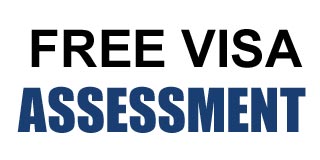
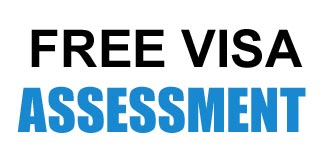




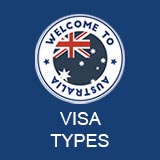
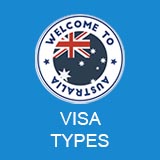
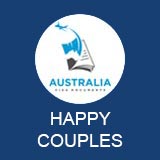
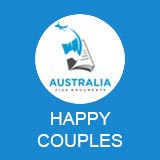






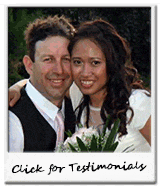
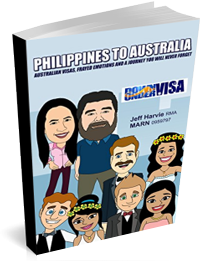
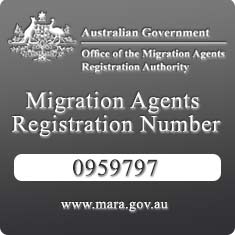
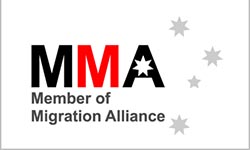
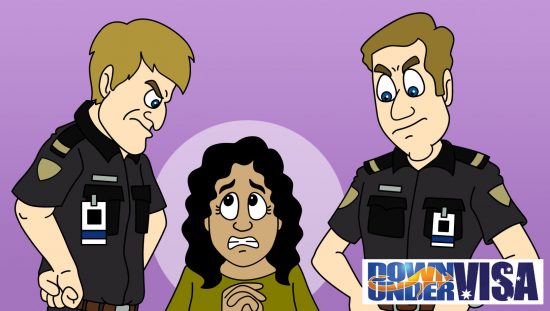 Multiple Entry Tourist Visas – The Reality
Multiple Entry Tourist Visas – The Reality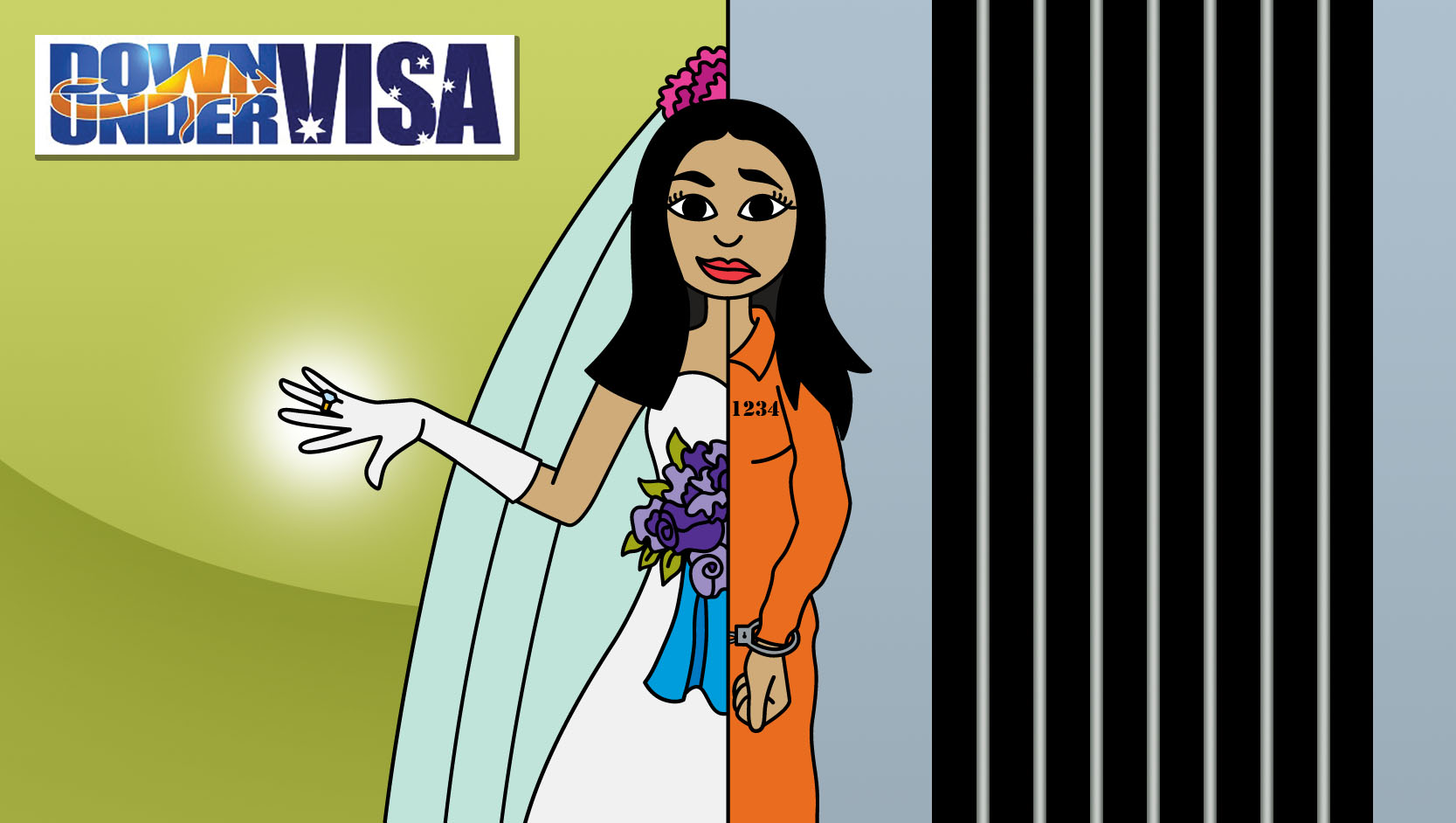 Still married but want an Australian Partner Visa
Still married but want an Australian Partner Visa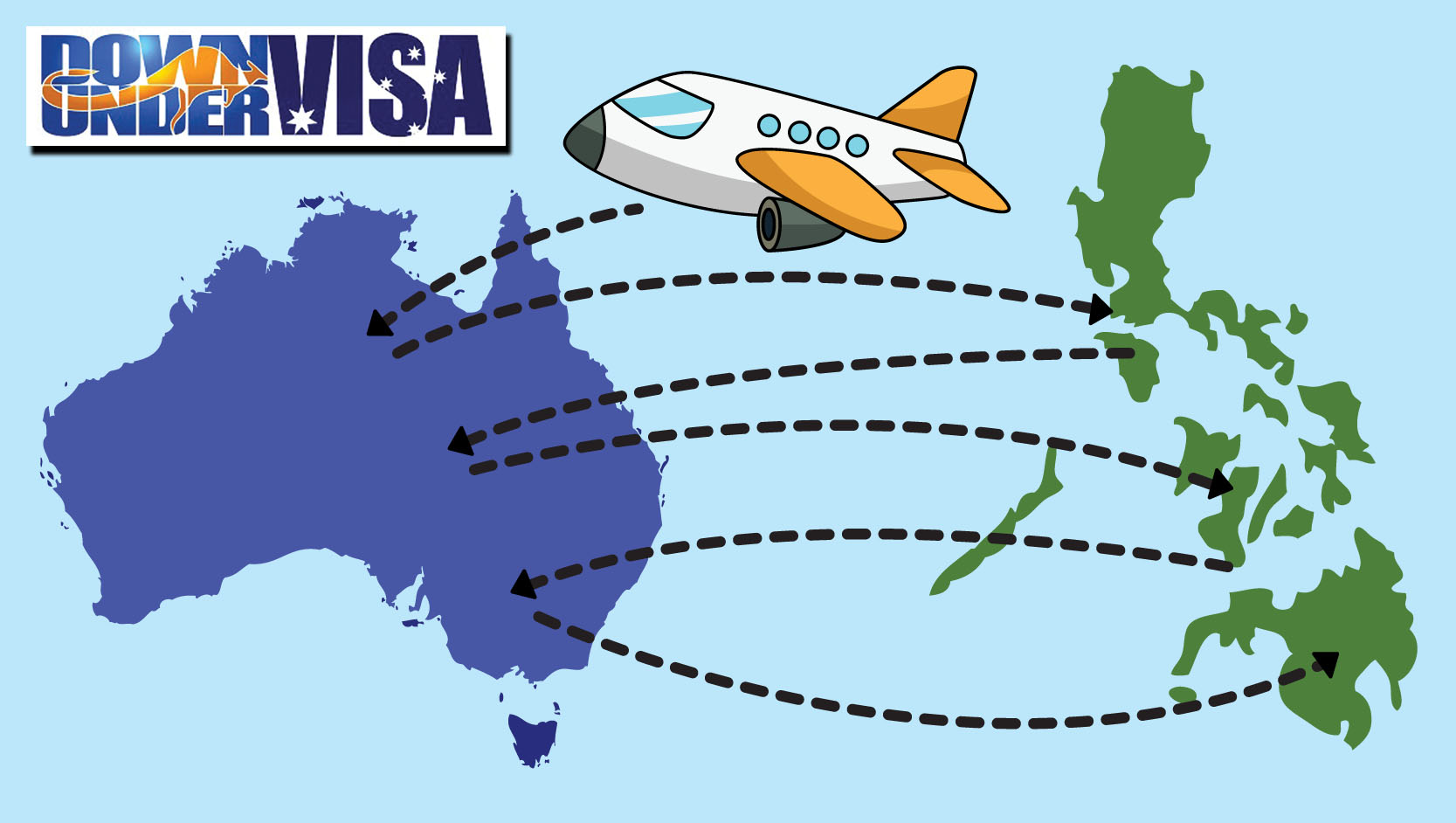 Welcome to Down Under Visa – Australian Partner Visa Specialists
Welcome to Down Under Visa – Australian Partner Visa Specialists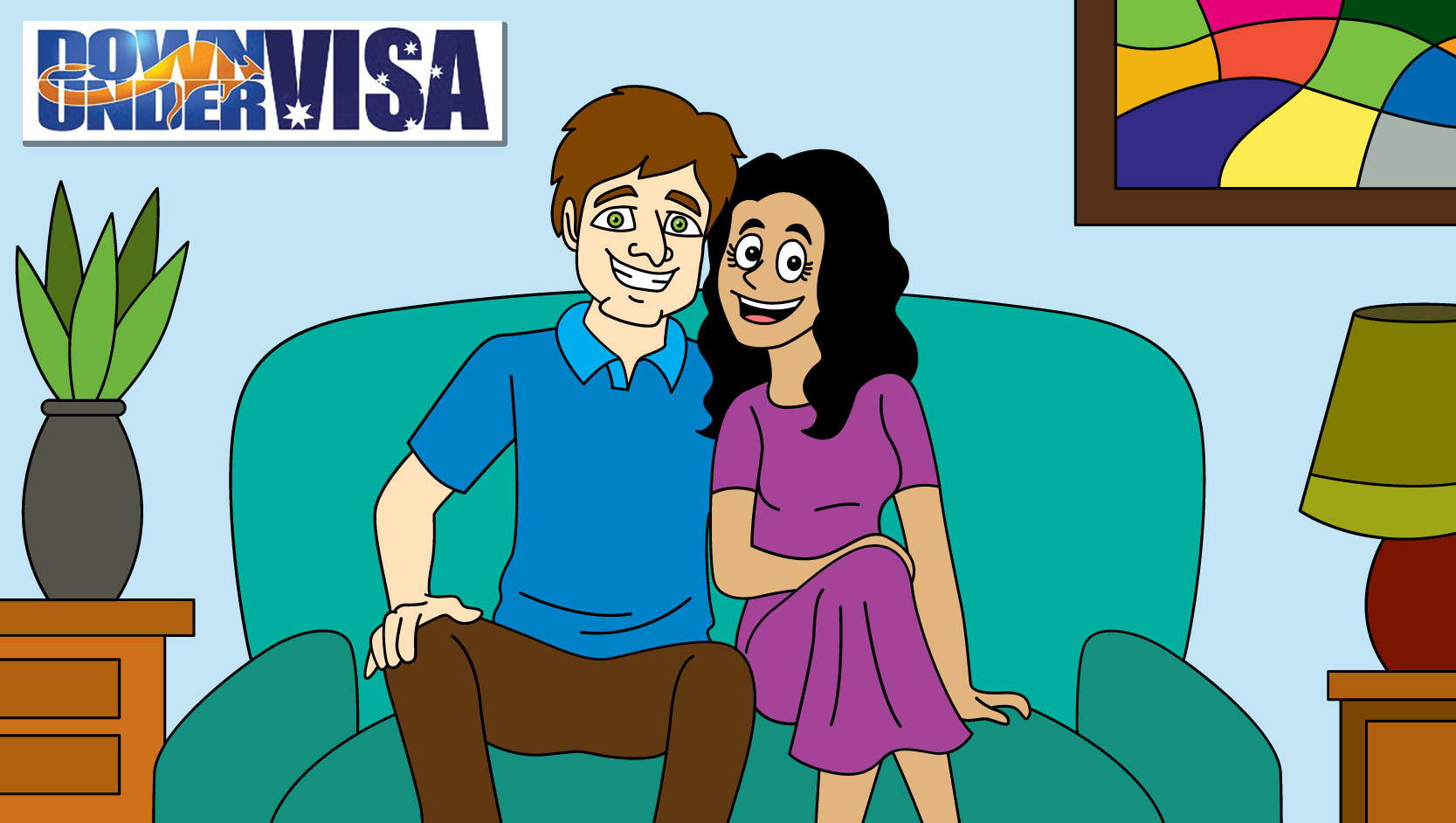 Australian Partner Visas and New Families (ie babies arriving soon)
Australian Partner Visas and New Families (ie babies arriving soon)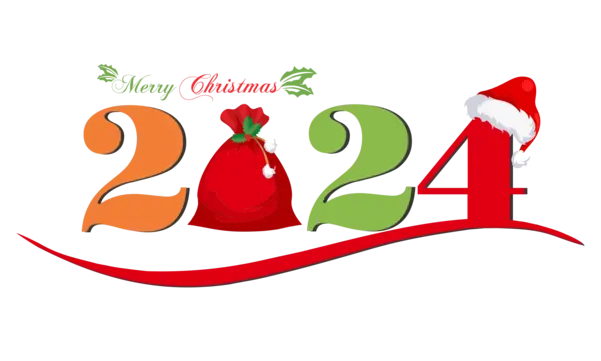 Down Under Visa – 2024 Christmas Vacation Dates
Down Under Visa – 2024 Christmas Vacation Dates


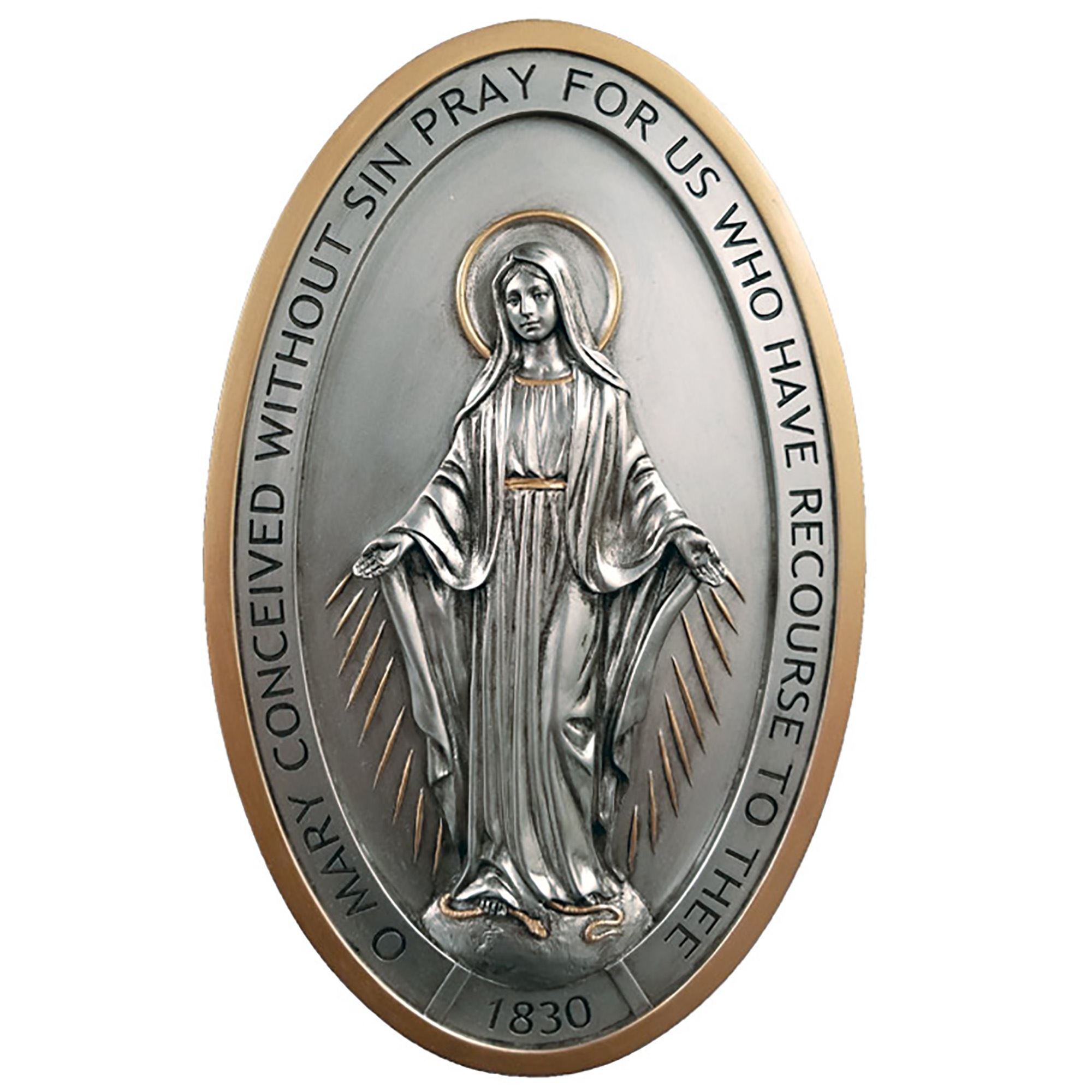
Questions: Please search our BLOG menu or Visa Knowledge Base
Questions about visa types we don’t handle, or about countries we don’t apply for visas from, will not be answered, Philippines to Australia visas for couples and families only.
Do you have suggestions for topics you would like to read an article about? Click HERE and we will see what we can do!